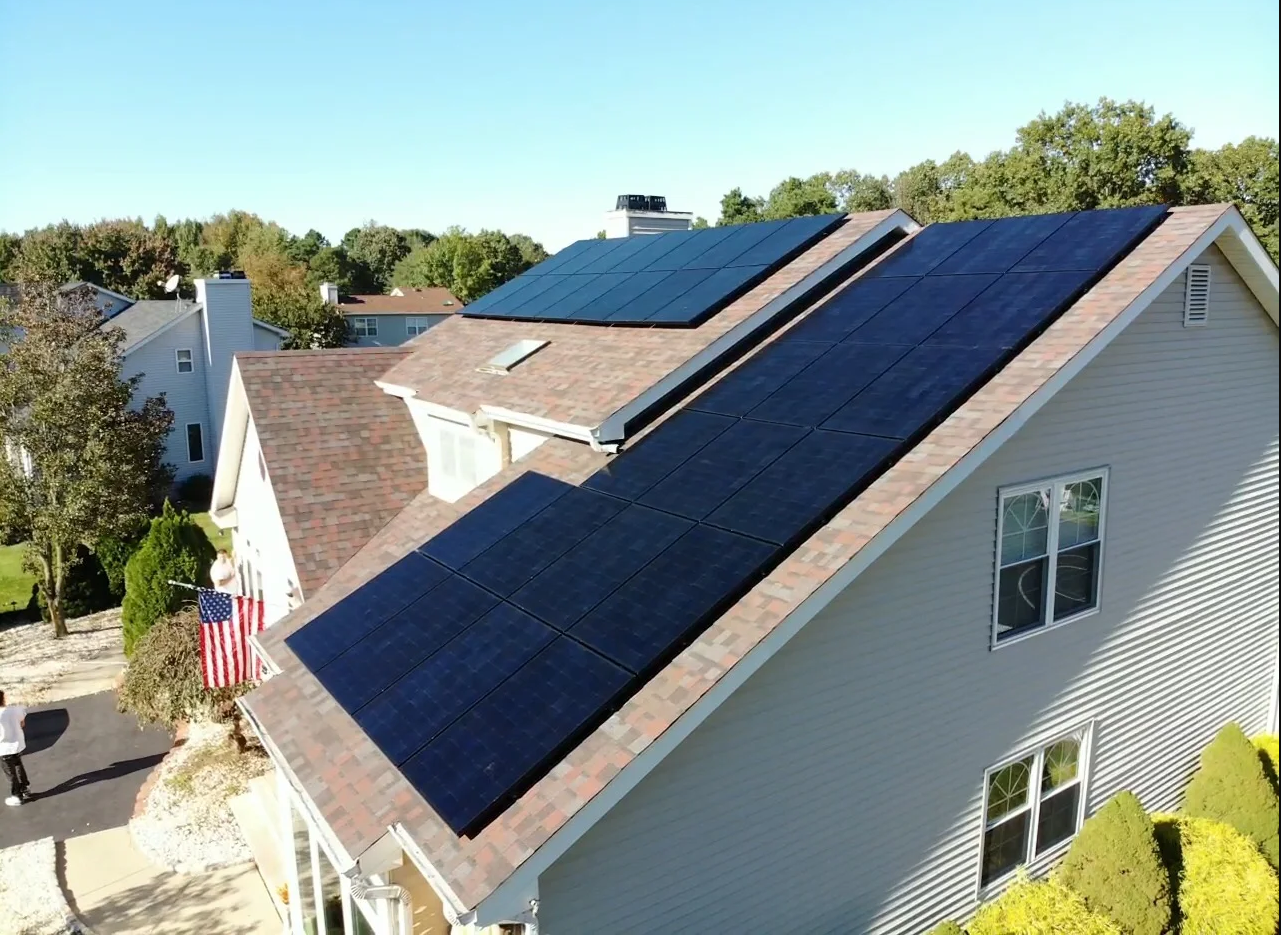Solar Panels for Home: A Comprehensive Guide to Harnessing Solar Energy
Solar panels for home use have become increasingly popular as homeowners seek to reduce their energy bills, minimize their environmental impact, and increase their property value. This comprehensive guide will cover the various aspects of solar panels for home use, including types of solar panels, system size, roof suitability, installation, cost, maintenance, net metering, and battery storage.
Types of Solar Panels: Monocrystalline, Polycrystalline, and Thin-Film
There are three main types of solar panels for home use: monocrystalline, polycrystalline, and thin-film. Monocrystalline panels are the most efficient and also the most expensive. They are made from a single crystal structure, which allows for a higher level of purity and efficiency. Polycrystalline panels are slightly less efficient but also less expensive. They are made from multiple crystal structures, which can lead to a lower level of purity and efficiency. Thin-film panels are the least efficient and least expensive, but they can be more flexible in terms of installation. They are made from a thin layer of photovoltaic material, which can be applied to a variety of surfaces.
Determining System Size for Your Home
The size of your solar panel system will depend on your energy needs and the available space on your property. A typical residential solar panel system ranges from 3 to 10 kilowatts (kW). To calculate your energy needs, examine your electricity bills and determine how much energy you use on average per month. This will help you determine the appropriate system size for your home.

Roof Suitability: Ensuring Your Roof Can Support Solar Panels
Solar panels are typically installed on rooftops, so it's essential to ensure that your roof can support the weight and size of the solar panels. The roof should be in good condition, have enough space for the panels, and face south, east, or west to maximize sunlight exposure. If your roof is not suitable for solar panels, you may want to consider other installation options, such as ground-mounted systems or solar carports.
Professional Installation: Ensuring a Safe and Efficient Solar Panel System
Hiring a professional solar installer is crucial to ensure that your solar panel system is installed correctly and safely. They will assess your property, design a system that meets your energy needs, and handle permits and inspections. When choosing a solar installer, look for certified professionals with a proven track record of successful installations
.Cost of Solar Panels for Home Use: Understanding the Investment
The cost of a solar panel system for your home can range from $15,000 to $40,000, depending on the system size, panel type, and installation costs. However, there are various incentives and tax credits available to help offset the cost of solar panels, such as the federal solar tax credit, which can cover up to 26% of the system cost. Additionally, many states and local governments offer their own incentives and rebates, making solar panels a more affordable investment for homeowners.
Maintenance: Keeping Your Solar Panels in Optimal Condition
Solar panels require minimal maintenance, but it's essential to keep them clean and free of debris to ensure maximum efficiency. Regularly inspect your solar panels for dirt, dust, and other obstructions that could reduce their performance. Additionally, you should have your system inspected by a professional every few years to check for any potential issues and ensure optimal performance.
Net Metering: Selling Excess Electricity Back to the Grid
Many utility companies offer net metering, which allows you to sell any excess electricity generated by your solar panels back to the grid. This can help offset your energy costs and make your solar panel system even more cost-effective. Check with your local utility company to see if they offer net metering and what the specific requirements are.
Battery Storage: Storing Solar Energy for Use During Power Outages or at Night
If you want to store the energy generated by your solar panels for use during power outages or at night, you can invest in a solar battery storage system. These systems can be expensive but may be a worthwhile investment for homeowners who want to maximize their energy independence and ensure access to electricity during emergencies.
Conclusion: Solar Panels for Home Use Offer Numerous Benefits
In conclusion, solar panels for home use can be a great investment for those looking to reduce their energy bills, minimize their environmental impact, and increase their property value. By considering the various aspects of solar panels for home use, such as types of solar panels, system size, roof suitability, installation, cost, maintenance, net metering, and battery storage, homeowners can make an informed decision and enjoy the numerous benefits of harnessing solar energy.

